Children’s Curiosity, Agency and Participation: Challenges for Professional Action and Development

The curiosity of children and indeed, adults, is perhaps more than the simple ‘compulsive motivation to understand the environment’ defined by psychologists as ‘exploratory drive’. Rather, we are suggesting curiosity has a wider meaning. It encourages unpredictability, challenges the boundaries of the status quo, asks odd questions, has hunches, is sometimes doubtful, enjoys serendipity and surprise, and requires an active rather than a passive mind, in which the individual’s agency and participation is centrally placed.
Curiosity, then, allows an individual to explore unfamiliar circumstances, and through this exploration to experience discovery and joy – all important for wellbeing. Curiosity questions the safe and secure, the rigid and formulaic, the timid and the bored. It is central to science, exploration and adventure. And, often, we see it underpinning the artistic uniqueness of creativity.
Yet, curiosity is an under researched theme that perhaps we should highlight more in EECERA research forums. Thus, EECERA is pleased to make it a key focus for the 2023 Lisbon Conference and relate it with the con-commitments of Children’s Agency and Participation. Indeed, arguably, the quality of children’s participation depends on the acknowledgement, respect and promotion of children’s curiosity. Whilst seeing the potential for irresponsibility in simply advocating curiosity, we hope that a wealth of research respecting the role of children’s and professional’s curiosity in early childhood education will be central to the traditional dialogic ethos of EECERA.
Key Questions
- What might research reveal about the centrality of curiosity and agency in children’s and adult’s learning and wellbeing?
- How might curiosity and agency be encouraged in children’s play and learning or in adult’s professional activity?
- What are the challenges and benefits for the early years sector in prioritising the development of curiosity and agency in both practitioners and children?
Conference Strands
- Values and Value Education
- Culture, Community and Society
- ECEC Contexts, Transition and Practices
- Play and Learning
- Supporting Families in Early Years Settings
- Innovative / Alternative Approaches
- Parent Partnership in Early Years Settings
- Professionalism and Pedagogues / Educators Role
- National Curricula in ECEC
- Paradigms, Theories and Methodologies for Working with Young Children
- National and International Research in ECEC
- The Present and the Future of Child-centred Practice
- The Child and Local Community
- Quality Early Childhood Education
- The Relationship of Home Learning Environment and Local Community
- Children’s Policy
- The Role of Families’ Cultural and Social Traditions

